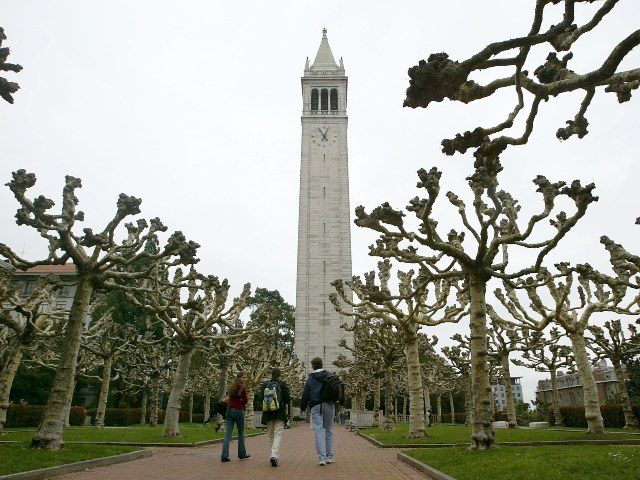May 1st is the day some societies celebrate May Day — when, as tradition holds, kids skip around a pole with some ribbons. It’s also the day that most colleges require students to accept their offers of admission.
This coming May 1st will most likely feel more like “mayday” than May Day, since the incoming class of 2024 most likely won’t be sitting in any actual classrooms this fall due to COVID19.
Going away to college will now mean staring at a laptop within the confines of their childhood bedrooms.
Rising college freshmen may instead consider an alternative: a year of service in their home communities.
Yes, colleges have created online learning opportunities as a contingency plan. But ask any current college student just how successful that’s been.
And when students fled for home earlier this spring, colleges weren’t letting them take any of their tuition money back with them. Stanford’s provost noted in the Stanford Daily that discounting tuition would “most benefit the people who can most afford to pay, and that didn’t quite feel right.”
That’s rich, pitting the “haves” against the “have-nots” when Stanford sits on a 28 billion dollar endowment. (Some colleges are refunding a portion of room and board fees.)
So a politically correct and expedient excuse was used to obscure the fact that no one goes to Stanford, or any college for that matter, to study online. Who’s Zooming who?
Harvard initially had no qualms about taking nine million dollars from the CARES Act, courtesy of the federal taxpayer — who, in turn, would pay the tuition that won’t be discounted. (Harvard and other elite institutions backed down after President Donald Trump objected.)
The coronavirus may be the unintended pin to burst the bubble of runaway college inflation and student loan debt. Colleges haven’t let students know what a freshman year will look like this fall.
Everyone will feel the economic pain from this pandemic, but not everyone will be able to weather the storm as Harvard can, with its 41 billion dollar endowment. Smaller colleges have more urgent economic concerns.
Few colleges are being forthright about what the fall looks like because they are most likely waiting for May 1st. Get the deposit in, and they have you on the hook.
Information will be dispersed on a need-to-know basis. And they don’t want you to know. The most “prestigious” schools know that students have jumped through too many hoops just to “get in,” and so they won’t likely turn the opportunity down. The “Varsity Blues” admissions scandal showed how much liars and cheats were willing to pay to get into many of these same schools.
Colleges are now counting on a similar level of desperation.
Given the expense involved, and the prospect of campuses still being closed in the fall, students ought to consider holding off on college.
Rather than a “gap year” for travel or volunteering abroad, which would be equally difficult under the circumstances, students should consider committing to local community service. Real service — not just hours tallied on a college application to fulfill an unspoken requirement.
They can come up with alternative, constructive ways to apply solutions to problems within their own communities, acquiring useful practical experience.
Online education is valuable, but it’s not equal to being on a campus — and the price should not be the same.
In the interim, while volunteering at home, many high school graduates will be able to access their local community college online course selections. They can arrive on campus in 2021 better prepared for a four-year college experience in which they’ll truly can bring something unique to the classroom.
College is a time for interacting with peers and professors, not raising the virtual and now ubiquitous little blue hand in a participant window.
There’s also much work to be done at home, including helping one’s family deal with the fallout of this crisis.
Perhaps now students will come to see college as the privilege that it is rather than the “right” many have suggested it ought to be. If all goes well, and the worst of this pandemic is behind us by 2021, young people may be able to enjoy “the college experience” as it was truly intended: a learning experiment.
Who knows? Colleges just may have to slash budgets that service their administrative bloat. And no more amusements, like rock climbing walls and lazy rivers. Maybe those “prestigious” college presidents will have to take a cut from their million-dollar-plus salaries.
Change is coming. I’m imploring the Class of 2024 to consider their familial and civic responsibilities and think about becoming the Class of 2025.
Rich Cooper has been a mentor to students in grades 9 through 12 for the past 14 years and presides over Cooper Mentors based in Santa Monica, CA.

COMMENTS
Please let us know if you're having issues with commenting.